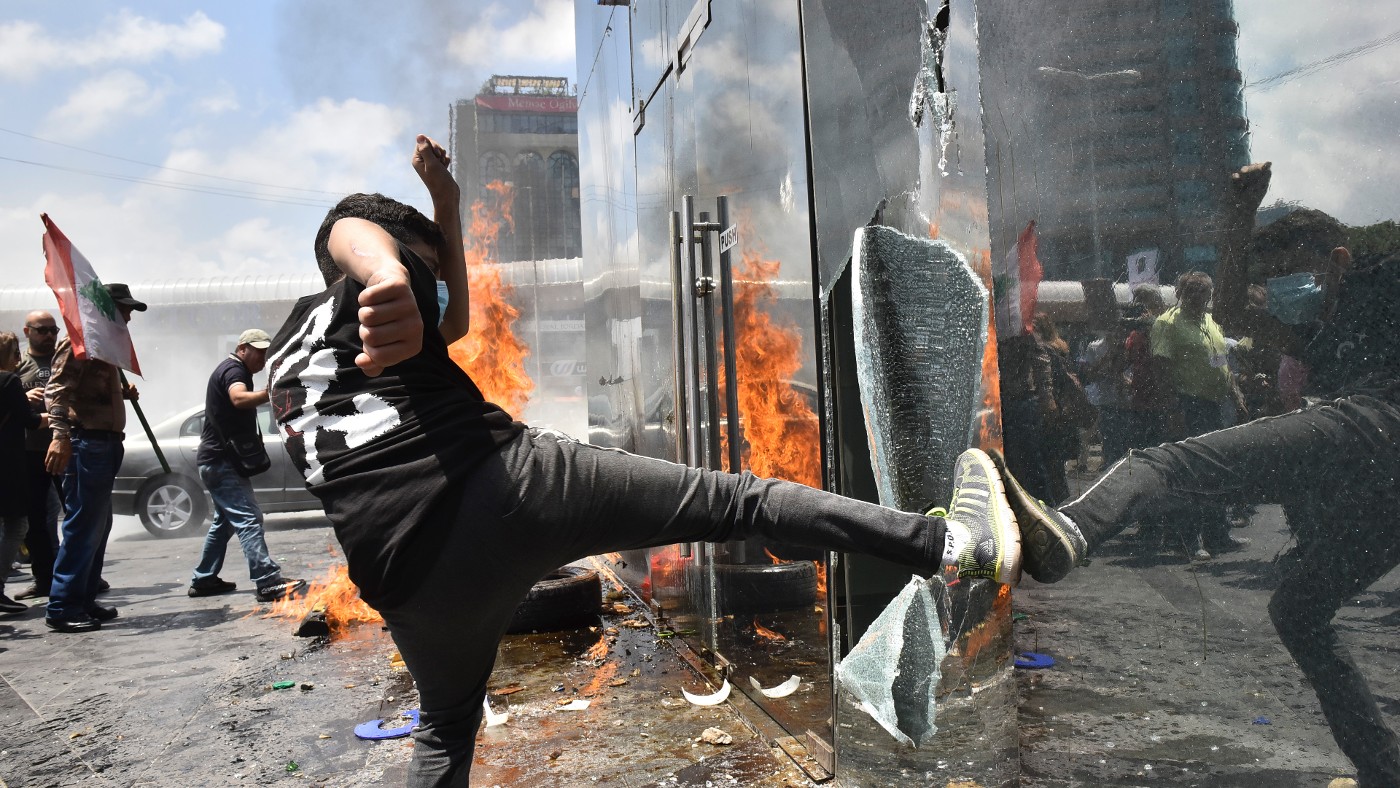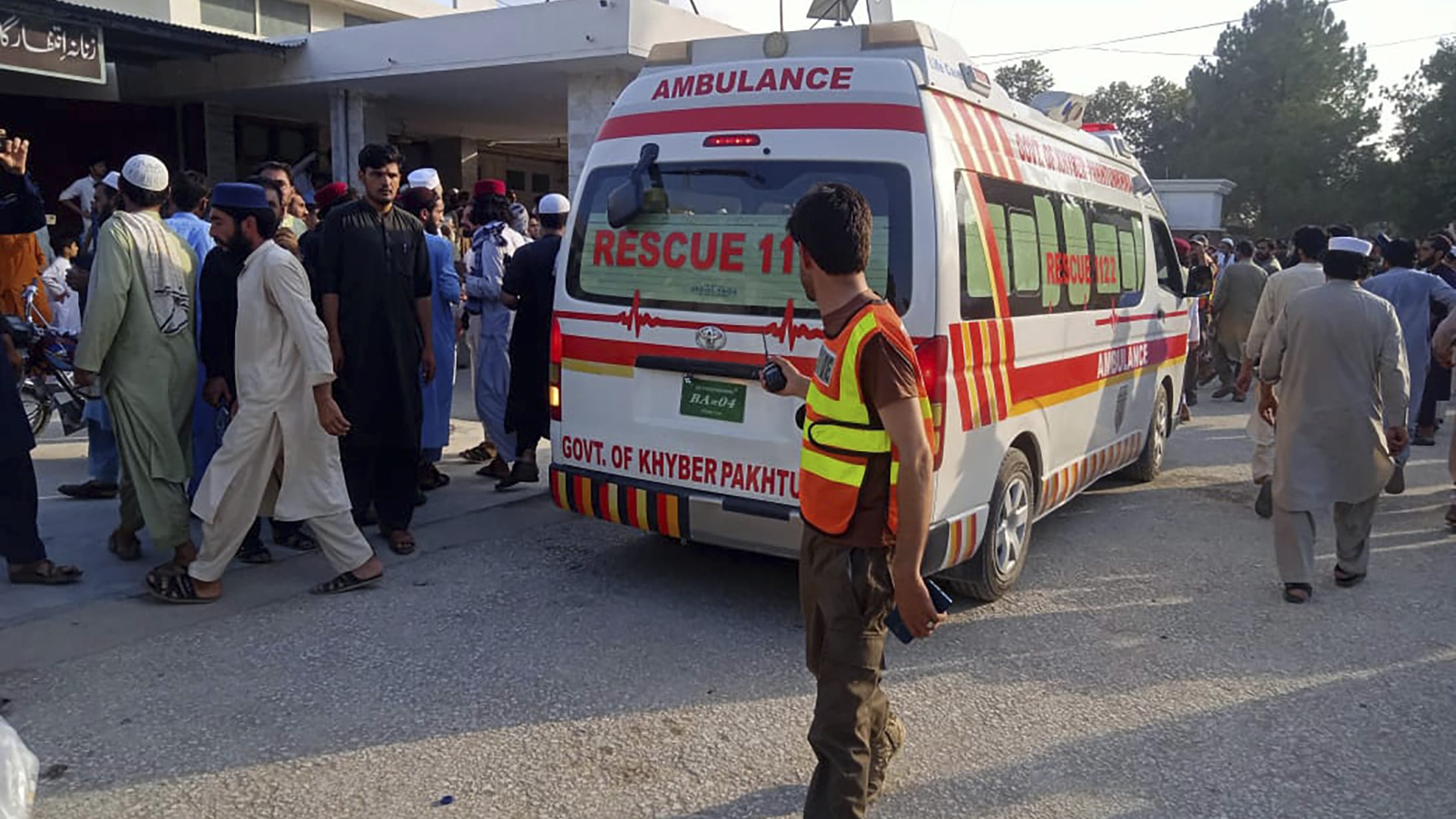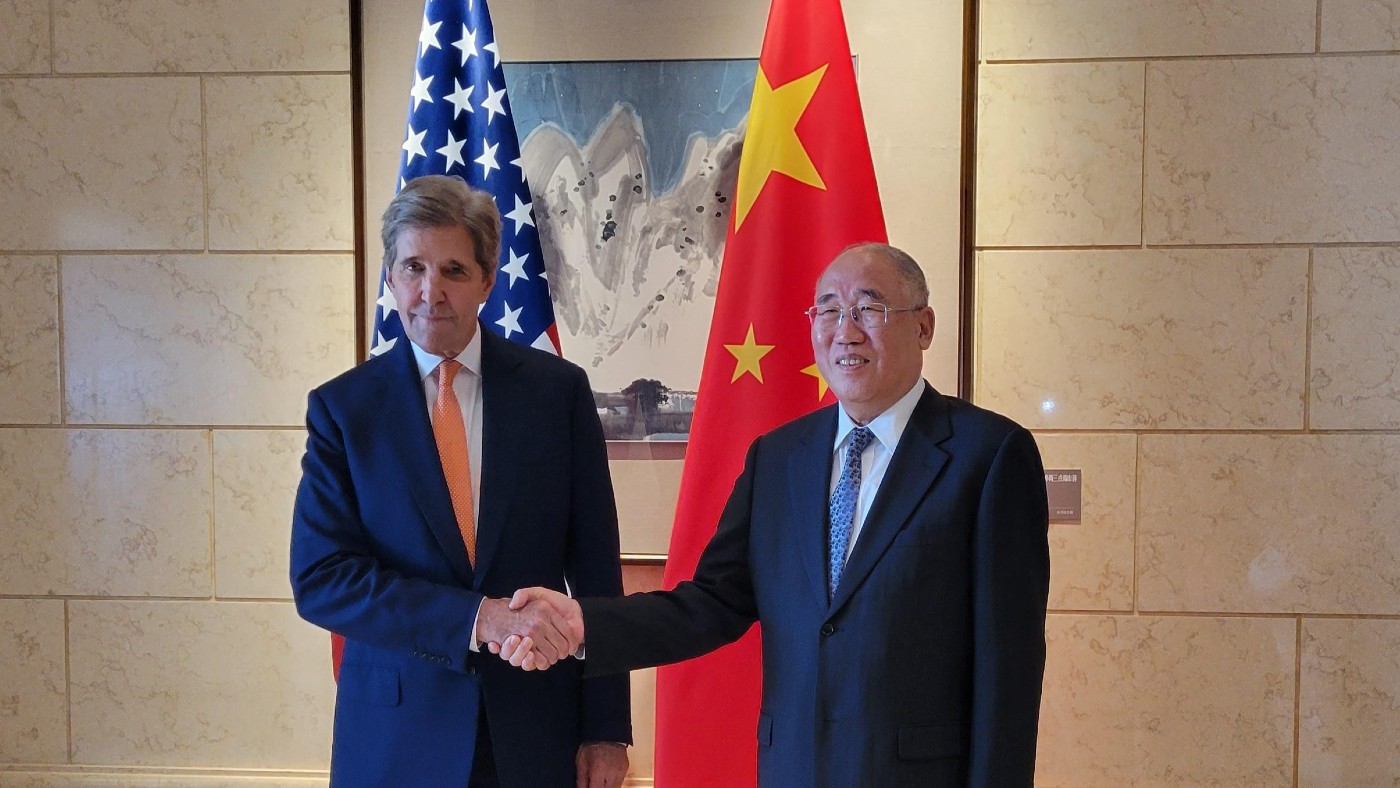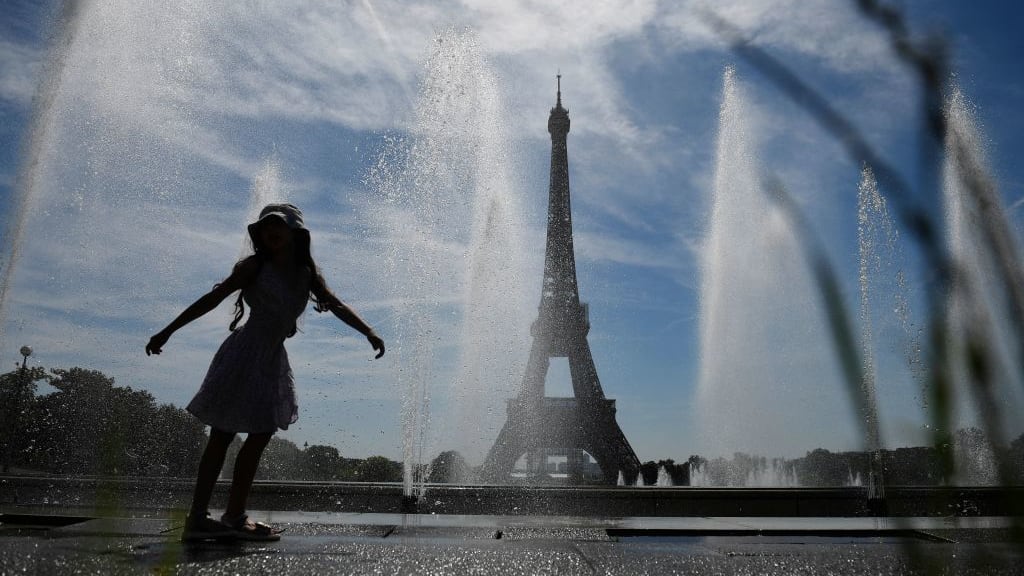Instant Opinion: Why the morning-after-pill should be available over the counter
Your guide to the best columns and commentary on Monday 2 December

A free daily email with the biggest news stories of the day – and the best features from TheWeek.com
You are now subscribed
Your newsletter sign-up was successful
The Week’s daily round-up highlights the five best opinion pieces from across the British and international media, with excerpts from each.
1. BPAS director Clare Murphy in The Telegraph
on the under-use of the morning-after-pill
The Week
Escape your echo chamber. Get the facts behind the news, plus analysis from multiple perspectives.

Sign up for The Week's Free Newsletters
From our morning news briefing to a weekly Good News Newsletter, get the best of The Week delivered directly to your inbox.
From our morning news briefing to a weekly Good News Newsletter, get the best of The Week delivered directly to your inbox.
The morning-after-pill should be available over the counter - and here’s why
“Emergency hormonal contraception is not a silver bullet for unwanted pregnancy, but it is one of the best options we have when a regular method failed or was forgotten, when you miscalculated your cycle, or when things simply didn’t turn out as planned. It is a source of huge frustration for us at the British Pregnancy Advisory Service (bpas) that a method which gives women a second chance has so many barriers. Less than a third of women use the morning-after-pill after an episode of unprotected sex, so it is absolutely an under-utilised resource.”
2. World Economic Forum founder Klaus Schwab in the South China Morning Post
on the future of capitalism
A free daily email with the biggest news stories of the day – and the best features from TheWeek.com
What kind of capitalism does the world need? One where business leaders fulfil their duty to society
“Business leaders now have an incredible opportunity. By giving stakeholder capitalism concrete meaning, they can move beyond their legal obligations and uphold their duty to society Is there any other way? State capitalism, its proponents would say, also pursues a long-term vision and has enjoyed recent successes, especially in Asia. But while state capitalism may be a good fit for one stage of development, it, too, should gradually evolve into something closer to a stakeholder model, lest it succumb to corruption from within.”
–––––––––––––––––––––––––––––––For a weekly round-up of the best articles and columns from the UK and abroad, try The Week magazine. Start your trial subscription today –––––––––––––––––––––––––––––––
3. Lina Mounzer in The New York Times
on a country on the brink
The Great Lebanese Ponzi Scheme
“The Lebanese political order is based on the idea that power sharing and sectarian quotas for the country’s various religious and confessional groups is the only way to preserve civil peace, and that this formula should extend to everything: From the way public funds are allocated to how even entry-level jobs are awarded. This order ensures that responding to citizens’ needs takes a back seat — and every chieftain and his cronies gets their pockets lined. Unemployment is rampant. And Lebanon’s top 1 percent earn about 25 percent of the gross domestic product, making it one of the most unequal economies in the world.”
4. Julie Norman in the HuffPost
on the rehabilitation of prisoners
The London Bridge attack shows we must bolster, not abolish, offender reintegration
“So what went wrong? In the case of [Usman] Khan, we may not ever know. He is not the first, and won’t be the last, to re-offend, even in the best rehabilitation systems. It is natural after a tragedy like Friday’s to condemn the policies that enabled Khan to be where he was, when he was, at that time, but that would be a mistake. Khan should be seen as an outlier, rather than emblematic, of a constantly evolving counter-terrorism strategy that has been overall effective.”
5. Jenna Price in The Sydney Morning Herald
As a grandma-to-be I can no longer stay out of this debate
“I can’t breathe. I go to bed with a sore throat and my eyes sting. I wake up and feel no better. This is Australia in the middle of a calamitous bushfire season. Hundreds and thousands of burning hectares. Four lives lost. Hundreds of houses gone. Who knows how this season will end. I’ve hardly written about the environment in my 40-year career. I’ve always figured it’s better left to those with science expertise and a long history of reporting in the area. Now I realise I can’t avoid it any more. Next year, one of my children has responded to a decade of nagging and will – finally – have a baby, the first grandchild on both sides.”
-
 Will increasing tensions with Iran boil over into war?
Will increasing tensions with Iran boil over into war?Today’s Big Question President Donald Trump has recently been threatening the country
-
 Corruption: The spy sheikh and the president
Corruption: The spy sheikh and the presidentFeature Trump is at the center of another scandal
-
 Putin’s shadow war
Putin’s shadow warFeature The Kremlin is waging a campaign of sabotage and subversion against Ukraine’s allies in the West
-
 Woman accidentally puts nan in washing machine
Woman accidentally puts nan in washing machineTall Tales And other stories from the stranger side of life
-
 Bangladesh dealing with worst dengue fever outbreak on record
Bangladesh dealing with worst dengue fever outbreak on recordSpeed Read
-
 Glacial outburst flooding in Juneau destroys homes
Glacial outburst flooding in Juneau destroys homesSpeed Read
-
 A country still in crisis: Lebanon three years on from Beirut blast
A country still in crisis: Lebanon three years on from Beirut blastfeature Political, economic and criminal dramas are causing a damaging stalemate in the Middle East nation
-
 Blast at political rally in Pakistan kills 43, wounds 200
Blast at political rally in Pakistan kills 43, wounds 200Speed Read
-
 John Kerry in Beijing: how red China is turning green
John Kerry in Beijing: how red China is turning greenfeature Climate talks set to resume between Washington and Beijing this week
-
 Study: Nearly 62,000 people died in 2022 European heatwave
Study: Nearly 62,000 people died in 2022 European heatwaveSpeed Read
-
 Conditions at Guantanamo Bay inhumane and cruel, UN investigator says
Conditions at Guantanamo Bay inhumane and cruel, UN investigator saysSpeed Read